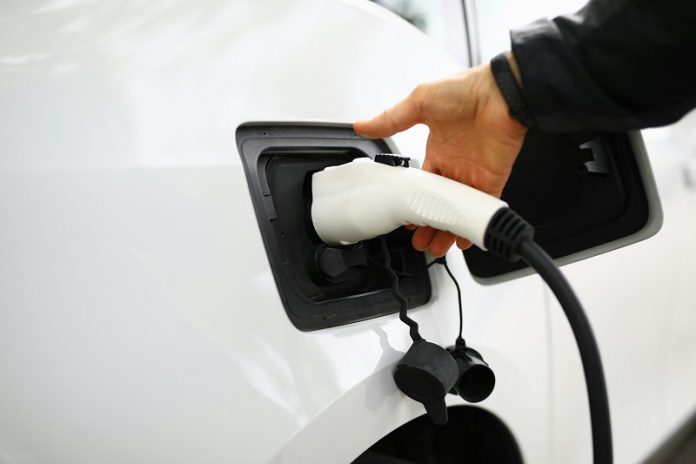
Electric cars have come a long way in recent years and can now match the lifespans of petrol and diesel vehicles, according to a new study.
This marks a major milestone in the shift toward sustainable transportation.
The study, published in Nature Energy, analyzed nearly 300 million MOT test records from the UK between 2005 and 2022.
These records track the condition of vehicles on the road and helped researchers compare the longevity of different types of vehicles.
Early battery electric vehicles (BEVs) were less reliable than traditional petrol and diesel vehicles, but rapid improvements in technology have changed that.
Researchers found that modern BEVs now last just as long as traditional vehicles, even under heavy use. On average, BEVs have a lifespan of 18.4 years and can travel up to 124,000 miles—beating petrol cars in mileage.
One of the key findings of the study is that BEVs have improved faster than traditional vehicles. For every new year of production, BEVs became 12% less likely to experience failures, compared to 6.7% for petrol cars and just 1.9% for diesel vehicles.
This shows how quickly electric vehicle technology is advancing.
The study also identified top-performing brands. Among electric vehicles, Tesla leads in longevity, while Audi and Skoda rank highest for petrol and diesel cars, respectively.
“This is a big step forward,” said Dr. Viet Nguyen-Tien from the London School of Economics and Political Science. “Electric vehicles are no longer just for niche buyers. They are now a reliable and sustainable alternative to petrol and diesel cars, helping us move closer to a net-zero carbon future.”
Robert Elliott, a professor at the University of Birmingham, added, “Electric vehicles offer major environmental benefits, especially as Europe shifts to renewable energy. While producing electric vehicles can initially generate higher emissions, their long lifespan offsets this and makes them a more sustainable choice.”
The findings provide valuable information for consumers and policymakers. Shoppers can use this data to make informed decisions when buying cars, while governments can create policies that encourage the use of durable, eco-friendly vehicles. The study also highlights the importance of planning for how to recycle electric vehicles at the end of their working life.
As electric vehicles continue to improve in reliability and sustainability, they are proving to be a practical and environmentally friendly option for everyday use. This breakthrough is a step closer to making electric cars a mainstream choice for drivers worldwide.



